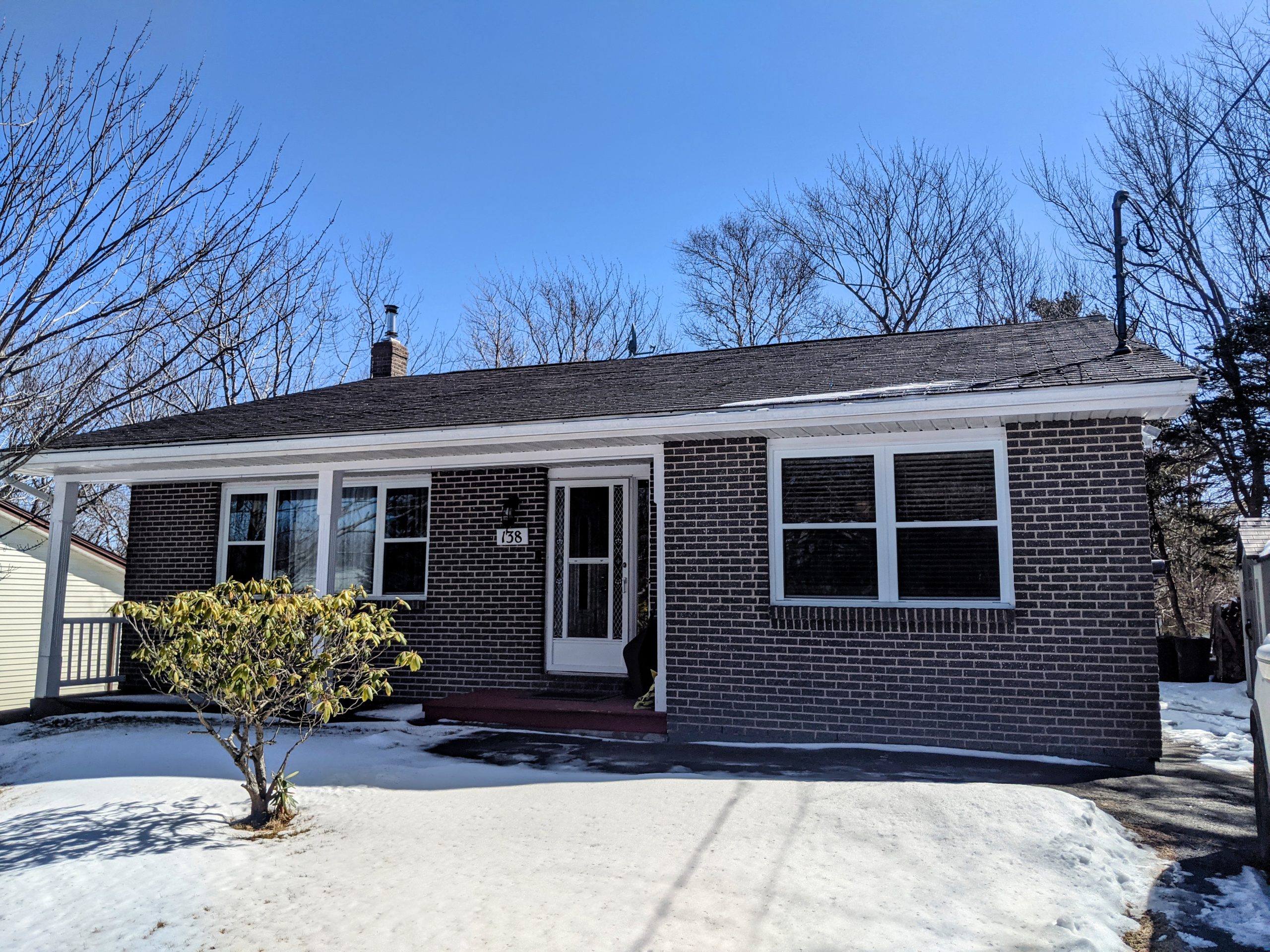Selling your house because of debt? There are other options!

This article is written by David Moffatt, a Senior Debt Relief Specialist with 4 Pillars Consulting Group locally in HRM, NS. He assists consumers in creating a plan to restructure their debt and relieves the stress that debt causes. Having personally assisted in restructuring more than $20,000,000 in consumer debt, David Moffatt is a leading expert in debt restructuring in Nova Scotia.
It isn’t uncommon that when people begin struggling with debt they start looking at assets they can sell. Easy ones like RRSPs, cash, vehicles, and other valuables. However, we frequently hear that people are looking to sell their properties to tap into their home equity. Usually, this occurs after they have attempted to refinance but were told they cannot due to their credit or available equity.
While this may at first seem like a good idea there are many things you should note:
You will generally have to pay a penalty to break your mortgage,
You will incur realtor fees, and
You will probably incur moving costs. Whether by your time, missed work, movers, or even pizza and drinks for friends and family.
You ultimately need somewhere to live and the alternatives may be more expensive each month.
What most people do not realize is that there are usually other options available to take care of the debt. In no particular order here they are!
Traditional Debt Consolidation
Although debt consolidation includes many different options (I wrote a lengthy article reviewing them here) traditional consolidation involves going to the bank and getting a loan. Although this may sound counterproductive, if you do it correctly you can save yourself a ton of interest and cash flow at the same time.
For example, if you have two credit cards totalling $20,000 the minimum interest payment would most likely be about $600p/m. If you were to consolidate this with a 5-year loan you would be paying $406p/m if the interest rate were 8%. You can immediately see how this would be effective.
Unfortunately, this option is only great if you have good credit.
Consumer Proposal
A consumer proposal is an alternative to bankruptcy. This option is generally used when someone is past the point of going to the bank and where they cannot tap into their home equity. This solution involves working with your creditors to come to a settlement that is agreeable to both you and the creditor. It is not uncommon to see debt reduction to the tune of 50-80%.
A proposal is a great option especially if there is a bit of equity in a property but not enough to refinance. The reason for this is because a proposal can be designed in such a way that it allows you to retain your home equity as well any other assets you want to retain.
Consumer proposals can be complicated – to learn more about them please find our 3000+ word article outlining the ins and outs of consumer proposals here.
Bankruptcy
Filing bankruptcy isn’t an option that most people think of when they want to avoid having to sell their home to pay off debt. However, one of the biggest myths when filing bankruptcy is that you will lose your house. I wrote about it here. The truth is, you are not required to give up any assets in a bankruptcy.
Any assets you wish to retain that have value or equity must be paid for. If you have $10,000 of equity, you will be required to pay an extra $10,000 over the course of your bankruptcy to retain the asset.
Because bankruptcies are significantly shorter than other alternatives, even a small equity component of $5,000 can make a monthly payment very high. This is where alternatives like proposals come in handy.
Conclusion
My friends at Air Realty might not like me for saying this but if you are considering selling your home to pay off debt you should probably consider alternatives. Knowing which option is right for you can be difficult as every situation is unique. We always recommend seeking professional help. Just as we recommend having professional advice assisting you with buying a house we equally recommend seeking professional advice when looking for help with your debt.



